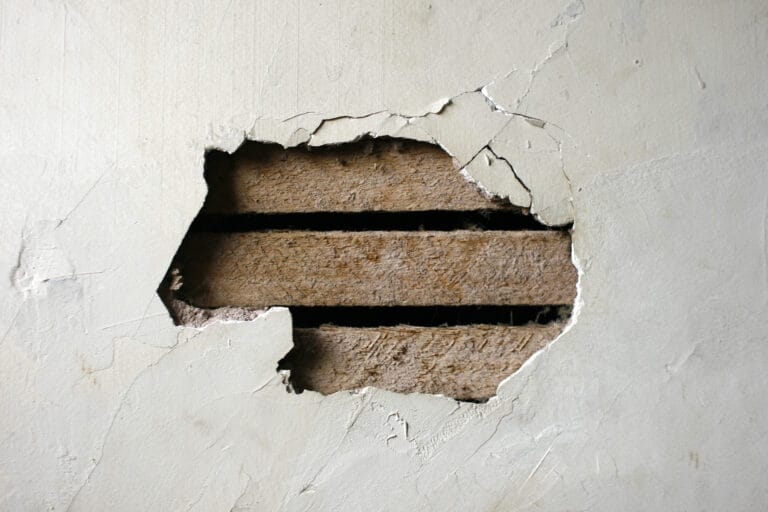We live in a world where growth is worshipped. Entrepreneurs measure themselves by how many people they employ. We dream about making lists whose sole determinant of success is revenue growth.
However, if your goal is to sell your business to a strategic acquirer, growing your business indiscriminately can ultimately lower your value.
Strategic acquirers—the buyers that usually pay the most—are looking for something you do they can’t easily knock off themselves. They want the one thing you offer that would take them too long (or too much) to replicate. But the more padding you put around that one offering in the form of adjacent, undifferentiated offerings, the less valuable you become in their eyes.
This week, we dropped a brand new episode of Built to Sell Radio, during which Michael Lieberman describes how he got more than ten times revenue for a nine-employee company. He did it by writing a software application that allowed brake manufacturers to catalog their various models. Michael dominated the brake manufacturing industry. He was on a first-name basis with just about anyone that manufactured brakes. He went to the trade shows and bought the dinners—he was the guy. So when Autodesk decided they wanted to add product lifecycle management software to their lineup, they saw what Michael had done to dominate the brake industry and offered him a market-clearing price for his tiny company so they could stamp out his model in other product categories.
What would have happened if Michael had been focused on revenue growth? He would have cross-sold those brake manufacturers all kinds of things they needed, none of which Autodesk would likely have cared about. Or he would have watered down his influence in the brake industry by trying to penetrate other verticals, potentially making him vulnerable to a competitive attack in brakes.
The private equity acquirer is somewhat different than a strategic buyer. PE firms usually base their valuation on a multiple of your EBITDA, so the bigger your EBITDA, the more you’re worth in their eyes. Keep in mind that private equity buyers typically pay a lot less than strategic buyers.
The average strategic acquirer is five to 20 times the size of its target, so by definition, your acquirer is likely going to be much larger and better resourced than you. They don’t need you to diversify for them. Instead, they want the company that has the one puzzle piece they want, and the less diversified that offering is, the more they will be willing to pay for it.
Quote of the Week
“At that point, any number that had six zeros on it was already something that was exciting to us. So whatever it was, was going to be interesting.”
– Michael Lieberman
Clip of the Week
In this clip, Patrick Campbell, who bootstrapped and sold his company, ProfitWell, to Paddle for over $200 million, breaks down the difference between a strategic versus financial acquirer.
Speeding Ahead
Michael Lieberman celebrated the sale of his company by treating himself to a sleek Porsche 911. Here is an article revealing the six most popular Porsche 911s of all time.
Deals
Alpha Safety Intermediate, LLC, a company in the nuclear safety solutions sector, has entered into a definitive agreement to be acquired by Cadre Holdings, Inc. (NYSE: CDRE), a manufacturer and distributor of safety and survivability equipment. The acquisition is valued at $106.5 million, not including working capital and certain other adjustments at closing. In 2023 Alpha Safety’s revenue was approximately $44 million, implying a valuation of about 2.4 times its annual revenue.



